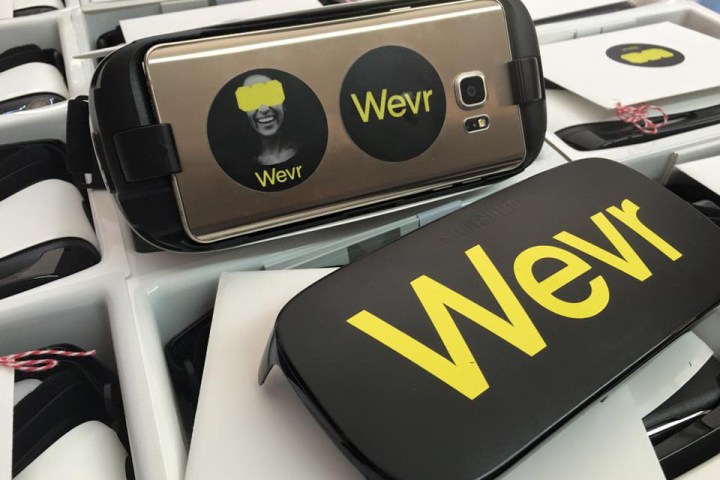
“Transport is a curated content network,” according to Neville Spiteri, who is the co-founder and CEO of Wevr. “It is device agnostic, so users can experience it on any headset. Influenced by the open Web and the power of today’s social networks, Transport enables frictionless publishing for creatives and easy discovery for fans, and most importantly a high-quality experience for both.”
Transport, which is launching as a private beta, has been designed in a manner that will allow VR content creators to monetize their content. It will also be based on an “open and extensible VR media format.”
The network for VR content will be available online as well as on all VR head-mounted display platforms. Examples of these, of course, include Google Cardboard, Samsung Gear VR, HTC Vive, Oculus VR, and PlayStation VR. The inclusion of Google Cardboard, of course, will allow users who are not willing or able to outfit themselves with a high-end headset, or a VR-supporting computer system, to dip their virtual toes in VR.
Initially, Transport will begin its operations by featuring high-quality VR content and experiences, and it may also feature exclusive content. “Exclusivity matters,” said Anthony Batt, Wevr co-founder and EVP.
Wevr, which has created its own VR content, is also experimenting with trigger points, which allow users to unlock extra content that is contained within a VR story.


